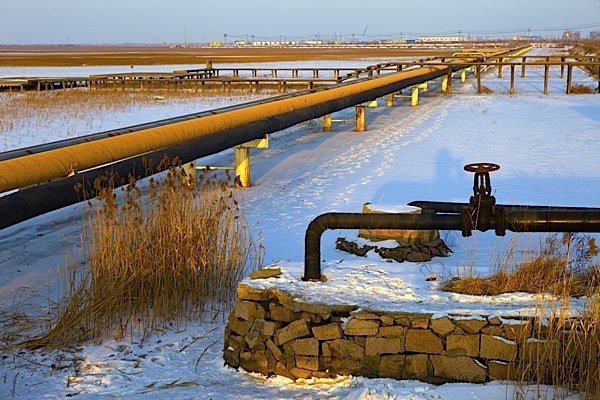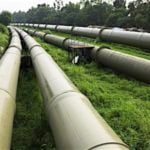The US State Department reported that it has no major environmental objections to TransCanada Corp’s Keystone XL pipeline, which would carry crude oil from Alberta more than 1,600 kilometres into America’s heartland. Though it does not recommend that the line be built, the State Department report, the Final Environmental Impact Statement, is seen by the pro-pipeline side as a big victory. Opponents, however, plan to step up their protests.
The report notes that the Canadian tar sands will be developed whether the US is on side with the pipeline or not. Other options for shipping the oil, including rail, trucks and barges, would be even worse for the environment, the report notes.
Canada’s minister of natural resources, Joe Oliver, is urging President Obama to finally make his decision, though strictly speaking, it is not the president’s decision to make at this time. The pipeline has been under review for five years now. Five environmental impact studies have been done, Oliver noted, and each one has concluded that the pipeline would not adversely affect the environment. The concern among environmental groups on both sides of the border is that a spill from the pipeline could be devastating to the environment.
The Republicans in the US Congress are strongly in favour of Keystone. House Speaker John Boehner said today that the president must now “stand with the overwhelming majority of American people and approve this critical project.”
The head of the influential American Petroleum Institute, Jack Gerard, who has long championed the pipeline, said that the latest government review “puts to rest any credible concerns about the pipeline’s potential negative impact on the environment.” He called for the project to be “swiftly approved.”
It is not likely that approval will be swift, however. The State Department, headed by Senator John Kerry, must now consider input from a number of other government agencies, including the Environmental Protection Agency and both the Defence and Energy Departments. They will address issues of national security, as well as economic and environmental impacts. The public will also have a 30-day period in which to comment, beginning on February 5.
The president has said that he not approve Keystone unless it can be shown that it does not “significantly exacerbate the problem of carbon pollution.” While today’s announcement appears to satisfy that condition, the “problem of carbon pollution” is a very broad area. Some have argued that building the pipeline will only serve to perpetuate America’s dependence of “dirty oil,” which in itself could be interpreted as contributing to that problem.


































